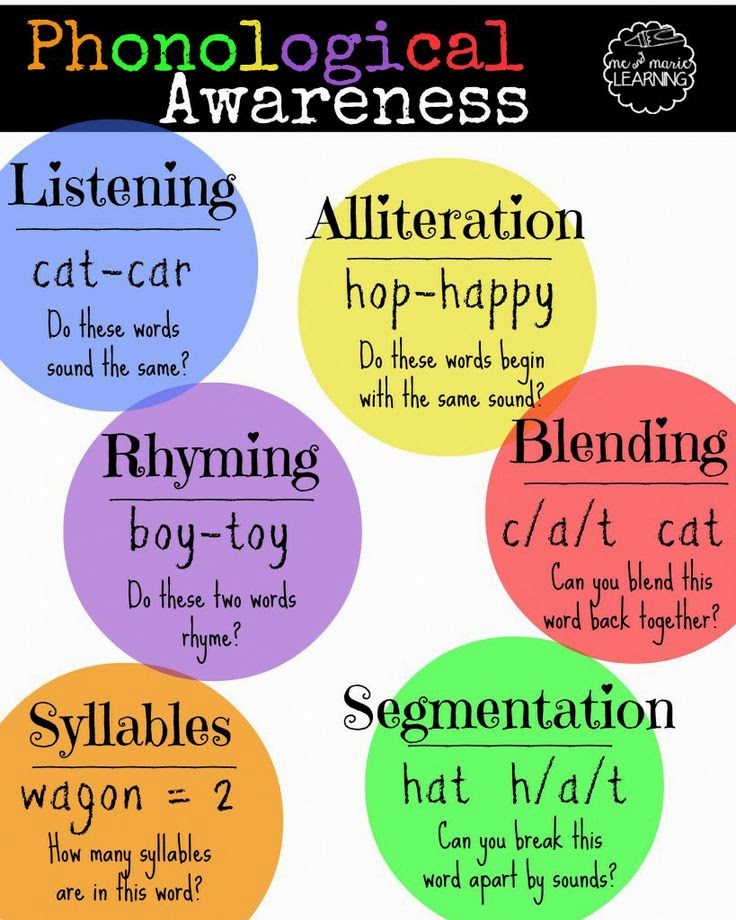Introduction to Phonology
Phonology is a fascinating field of study within linguistics that deals with the systematic organization of sounds in languages. Whether you're a linguistics enthusiast or someone curious about how languages work, phonology offers intriguing insights into the sound systems that make communication possible. In its simplest form, phonology is the study of how sounds function and pattern in particular languages or languages in general. As we delve into this topic, we aim to provide a relaxed yet informative overview, making it accessible to anyone interested in the intricate world of sounds.
The Basics of Phonology
At its core, phonology involves the analysis of phonemes, the smallest units of sound in a language that can distinguish meaning. For example, the difference between the words "bat" and "pat" in English lies in the initial sounds, /b/ and /p/. Phonologists study these differences and how they form patterns in languages. One of the fundamental concepts in phonology is the phoneme, which serves as a building block for understanding how sounds are organized and distinguished in our minds. This field also examines how these sounds are produced and perceived, offering a bridge between abstract linguistic theory and practical language use.
Phonology vs. Phonetics
It's essential to distinguish phonology from phonetics, another branch of linguistics that deals with sounds. While phonetics focuses on the physical properties of speech sounds—how they're produced, transmitted, and received—phonology is concerned with how sounds function within a particular language or languages. Phonology looks at the mental representation of sounds and the rules that govern their use in different linguistic contexts. Understanding this distinction is crucial for grasping the unique role phonology plays in the broader study of language.
Key Concepts in Phonology
Several key concepts are central to phonology, including minimal pairs, allophones, and phonotactics. Minimal pairs are pairs of words that differ by only one sound, such as "cat" and "bat," and they help linguists identify phonemes in a language. Allophones, on the other hand, are variations of a phoneme that do not change meaning, like the aspirated and unaspirated versions of /p/ in English. Phonotactics refers to the set of rules that governs the permissible combinations of sounds in a language. These concepts are fundamental for understanding how languages utilize sound to convey meaning effectively.
The Role of Phonology in Linguistics
Phonology plays a vital role in the field of linguistics because it helps researchers understand language structure and development. By analyzing sound patterns, phonologists can make predictions about language acquisition, change, and typology. For instance, phonological studies can provide insights into how children learn languages, how dialects evolve over time, and how phonological systems vary across different languages. Additionally, phonology intersects with other linguistic areas, such as morphology, syntax, and semantics, offering a holistic view of language as an interconnected system.
Applications of Phonology
Beyond theoretical linguistics, phonology has practical applications in various fields. In language education, phonological knowledge aids in teaching pronunciation and accent reduction. Speech therapists use phonological principles to diagnose and treat speech disorders. In technology, phonological research informs the development of speech recognition systems and text-to-speech software. Moreover, phonology is crucial in forensic linguistics, helping experts analyze voice and speech evidence in legal contexts. These applications highlight the real-world impact of phonological research and its contributions to society.
Phonology in Different Languages
Phonological systems can vary significantly across languages, making the study of phonology both challenging and rewarding. Some languages have complex tonal systems, where pitch changes can alter the meaning of a word, as seen in Mandarin Chinese. Others, like Hawaiian, have relatively simple phonetic inventories. By examining these diverse systems, phonologists can uncover universal principles that govern sound patterns and explore how cultural and historical factors influence the evolution of language. This diversity enriches our understanding of the linguistic world and the universal features that underpin human communication.
Challenges in Phonological Analysis
Phonological analysis is not without its challenges. One major difficulty is accounting for variation within languages, such as dialectal differences and individual speaker variation. Additionally, phonologists must grapple with the abstract nature of phonological representations, which may not always align neatly with phonetic reality. Ambiguities in sound perception and the influence of sociolinguistic factors further complicate the analysis. Despite these challenges, phonologists continue to refine their methods and theories, employing advanced tools and technologies to enhance their understanding of sound systems.
Recent Advances in Phonology
The field of phonology has seen significant advancements in recent years, thanks in part to technological innovations. Computational models and machine learning techniques have allowed researchers to analyze large datasets and uncover patterns that were previously difficult to detect. Additionally, interdisciplinary collaborations with fields like neuroscience have provided new insights into the cognitive processes underlying phonological knowledge. These advances are pushing the boundaries of what we know about sound systems and opening new avenues for research and application.
Conclusion: The Future of Phonology
As we look to the future, the study of phonology promises to remain a dynamic and evolving field. With ongoing research and technological innovation, we can expect new discoveries that will deepen our understanding of language and its sound systems. Whether you're a linguist, educator, technologist, or simply someone with a passion for language, phonology offers a rich and rewarding area of exploration. As we continue to unravel the mysteries of how sounds shape communication, phonology will undoubtedly play a crucial role in bridging the gap between theoretical knowledge and practical application.
You Might Also Like
Exploring The Phenomenon: Bobbi Althoff In 2024Exploring The Fascinating Theories Of Galileo Galilei: A Journey Through Science And Discovery
Jamie Spears: A Comprehensive Insight Into His Life And Legacy
Understanding Cognitive Bias: A Comprehensive Guide For 2024
Libyan Leader: A Comprehensive Overview In 2024
Article Recommendations
- Jeff Allen Tami Mishler A Story Of Love Comedy And Inspiration
- Unveiling The Intriguing Journey And Net Worth Of Charles Ramsey
- Adan Canto Ethnicity A Rich Cultural Heritage And Its Influence


